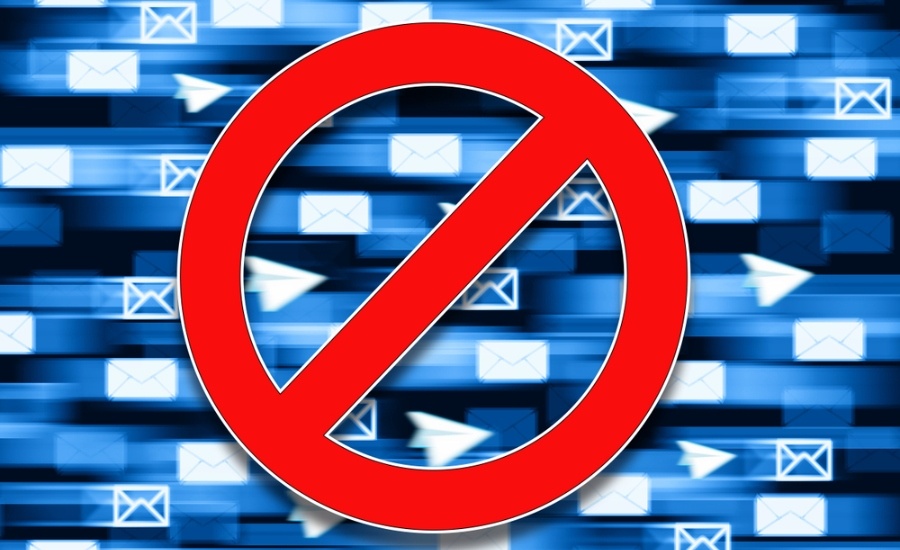Updated on March 13, 2019:
In response to the situation in Russia, ProtonMail told Fossbytes that “the blocks are still in place, but we have implemented some technical measures to largely reduce the impact of the blocks, so services in Russia are operational at this time.” ProtonMail says that the blocking of the email provider is unjustified and therefore, asked the Russian government to reconsider their stance.
Original story continues from here…
Russia has directed internet providers in the country to block the encrypted email provider ProtonMail. The orders for blocking the service came directly from Federal Security Service, formerly known as the KGB.
According to a Russian blog, the block was enforced after accusing ProtonMail and several other email providers of facilitating a platform to send bomb threats.
Back in January, the Russian police received several bomb threats leading to the evacuation of schools and government buildings. The order blocked a total of 26 internet addresses.
It also included many servers that are used to scramble the final connection for Tor users — a network popular for providing anonymity and evading censorship.
The ISPs in Russia were ordered to implement the block “immediately,” using BGP blackholing technique. This method of blocking causes the internet routers to simply discard the internet traffic rather than routing it to its destination.
ProtonMail told TechCrunch that their site still loads in Russia, but users cannot send or receive email.
Andy Yen, CEO of ProtonMail, says that this block is “particularly sneaky,” because it doesn’t block the email service in the usual way.
“They are blocking access to ProtonMail mail servers. So Mail.ru — and most other Russian mail servers — for example, is no longer able to deliver email to ProtonMail, but a Russian user has no problem getting to their inbox,” he said.
That is because the two ProtonMail servers that are blocked by the order are actually back-end mail delivery servers and not the front-end website that runs on a different system.
This news comes at a time when President Vladimir Putin is planning to launch a Russia-controlled internet which isn’t connected to the rest of the world and can be used to control (read manipulate) the flow of information in the country.










